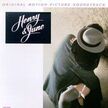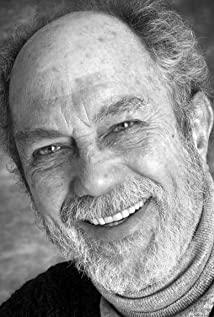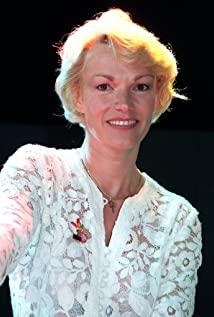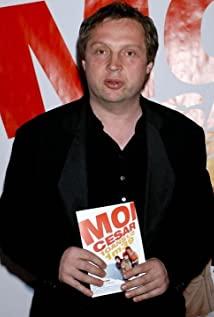beautiful title. I admit that at the beginning, I was looking at these five words and the exquisite and beautiful poster.
I just didn't expect it to be in 193 years. Or about the American writer Henry Miller. Also, same sex is involved. Moreover, it is a pornographic film that is rated very high (actually it does not feel very pornographic, it is beautifully shot).
(2) The
original title of the film is "Henry & June" (Henry and June)
from the perspective of a female writer recalling her love history. Mainly with her two lovers: Henry (a famous American writer), and his wife Joan, the entanglement between the three.
Anais is a female writer with a pure appearance and a wild heart. She is passionate about all things that are vivid and fresh. The desire and pursuit of lust is particularly fascinated. At some point, I even suspected that she was using her body to experience the different temperatures and perceptions between people. Like the Prophet of Spring River Plumbing Duck.
She doesn't think it's all sexual harassment. Every time she had sex with a different person, she always muttered to herself: I feel so pure. Such words, coupled with the beautiful light and shadow, the dynamic body, and the big black and white eyes she looked forward to after the incident, concealed the lewdness and full of romance.
When the director Kaufman took the trouble to show Anais's many love scenes, I was thinking, is it the ultimate expression of loneliness, distress, excitement, and happiness for human beings, that is, sex? Through different people, different postures, to understand your own pleasure, and the mixed feelings when you reach orgasm? It doesn't seem so, not deep enough, not heavy enough, not joyful enough, not sad enough.
It's just that excessive enjoyment will hurt normal lust (the original words in the film). Isn't it.
(3)
Uma Thurman, when the film was made in 1990, was in the golden years of 20 years old.
She played Henry's wife, June, absolutely brilliant. Cool, unruly, unruly, neurotic. A knife-like face and a charming and sexy voice. As soon as Anais saw her, she was fascinated - the film was thus defined as a pull-up film, which I find very inappropriate. In fact, Aai June worshipped her as a god. June is more feminine, more slender and plump and full of charm. A woman who wants to be like that.
And June, did not really fall in love with Ah, she loved her husband Henry more. For Anais, she is nothing but an instinctive tease and a test of charm—beauties who are confident in themselves are mostly used to playing this game.
The film translated into "Love in June Flowers", is the translator also fascinated by Uma?
(4)
In the end, the glamorous Uma walked alone with a small puppet. Anais returns to the banker husband's side. In the misty morning, the car slid down the side street, and in the rear-view mirror, Henry was riding his bicycle alone, laughing at himself behind the car.
Her inner monologue: "I cry because I love the street that made me leave Henry, and maybe one day it will bring me back to Henry, and I cry because the process of being a woman is so painful, and I am even more so. No more crying now."
I don't fully understand her tears at this moment, just as I don't understand the way to pursue the true meaning of life. But I believe that some pain and confusion are the same in ancient and modern times, and in China and abroad.
Of course, what is the true meaning of life, and what is the more important life experience, to be honest, I have never been able to figure it out.
View more about Henry & June reviews











